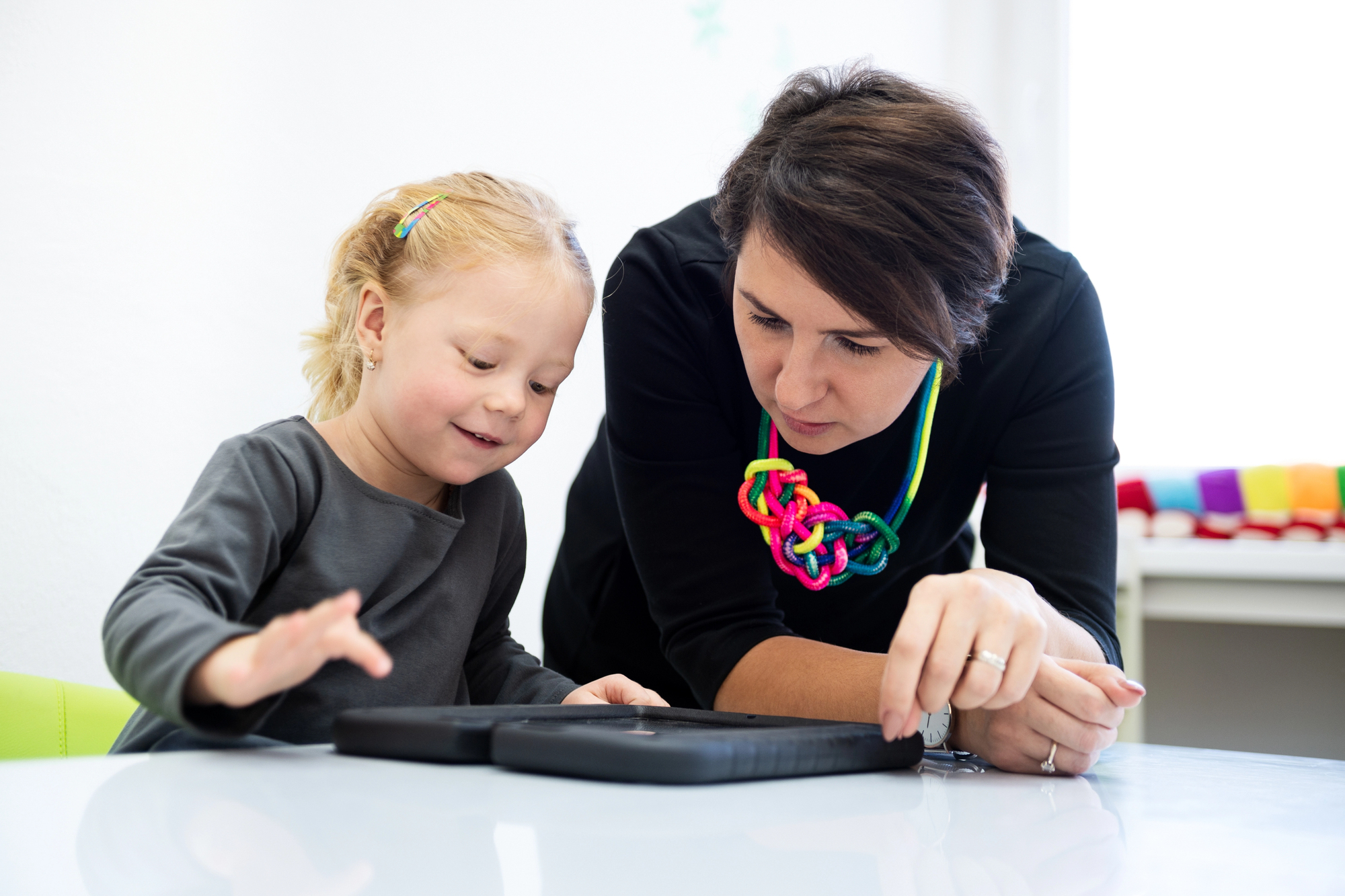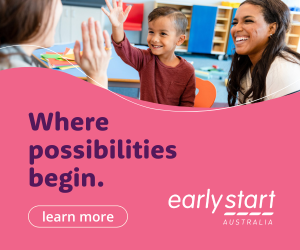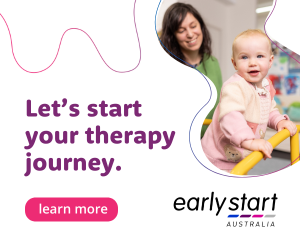If you are a parent of a child who needs support in any aspect of their development, chances are you have been encouraged to take them to see a therapist. There are lots of different types of therapists that can help with child development. It can sometimes be confusing to know which type of therapist is the best for your child’s particular needs and circumstances. If you are being referred to a therapist by your paediatrician or GP, they will provide you with some guidance about which type of therapist is best to see, however if you are self-referring, the decision is yours to make. So how do you decide?
There are a few things for you to consider:
- What funding do you have available? Accessing a therapy team can be more expensive than seeing just one therapist. You can ask your GP if you’re eligible for a Medicare funded Team Care Arrangement or your private health fund may cover part of the fees. You may also be eligible for free services via your local ECEI partner.
- What service providers do you have access to in your area?
- How much time are you willing to spend with therapists? More therapists in your child’s team, may mean more time is required from you to attend sessions and complete therapy ‘homework’.
- Do you want to go to a clinic, or would you like your therapist to come to you?
If you have the opportunity to connect with a therapy team, you may have access to a number of allied health professionals from the fields of occupational therapy, speech pathology and psychology. A therapy team will often use a more holistic, tailored approach to therapy. While different therapists have their own areas of expertise, no one therapist can address all areas of child development. If your child has a range of support needs, then a therapy team is going to be far more effective than any one single therapist. A therapy team (also called a multidisciplinary team) will work together to develop a therapy program that best meets the goals you have for your child.
Connecting with a therapy team, rather than just a single therapist can mean that:
- You have a team of people on your side
- When one goes away, you still have other therapists who can continue to work with your child (consistency is key!)
- You benefit from the different skills and experience of multiple therapists from different disciplines.
- A therapy team approach for children is considered best practice and is recommended by Australian national guidelines.
What does a therapy team look like? A therapy team for a child is usually a combination of therapists from the disciplines of occupational therapy, speech pathology, psychology and/ or physiotherapy. Depending on the service provider and the needs of your child, a therapy team may also include a special education teacher, behaviour therapist and/ or a therapy or allied health assistant.
Many therapists work on the same goals, but in a different way. For example psychologists and occupational therapists can both work on anxiety management and emotional regulation. Psychologists, occupational therapists, and speech pathologists can all work on different aspects of social skill development.
When making decisions about your child’s therapy, it’s important to be armed with the right information. While it’s tempting to Google randomly, the best place to start is by visiting websites with trusted sources of information such as www.raisingchildren.net.au.









